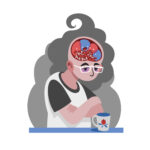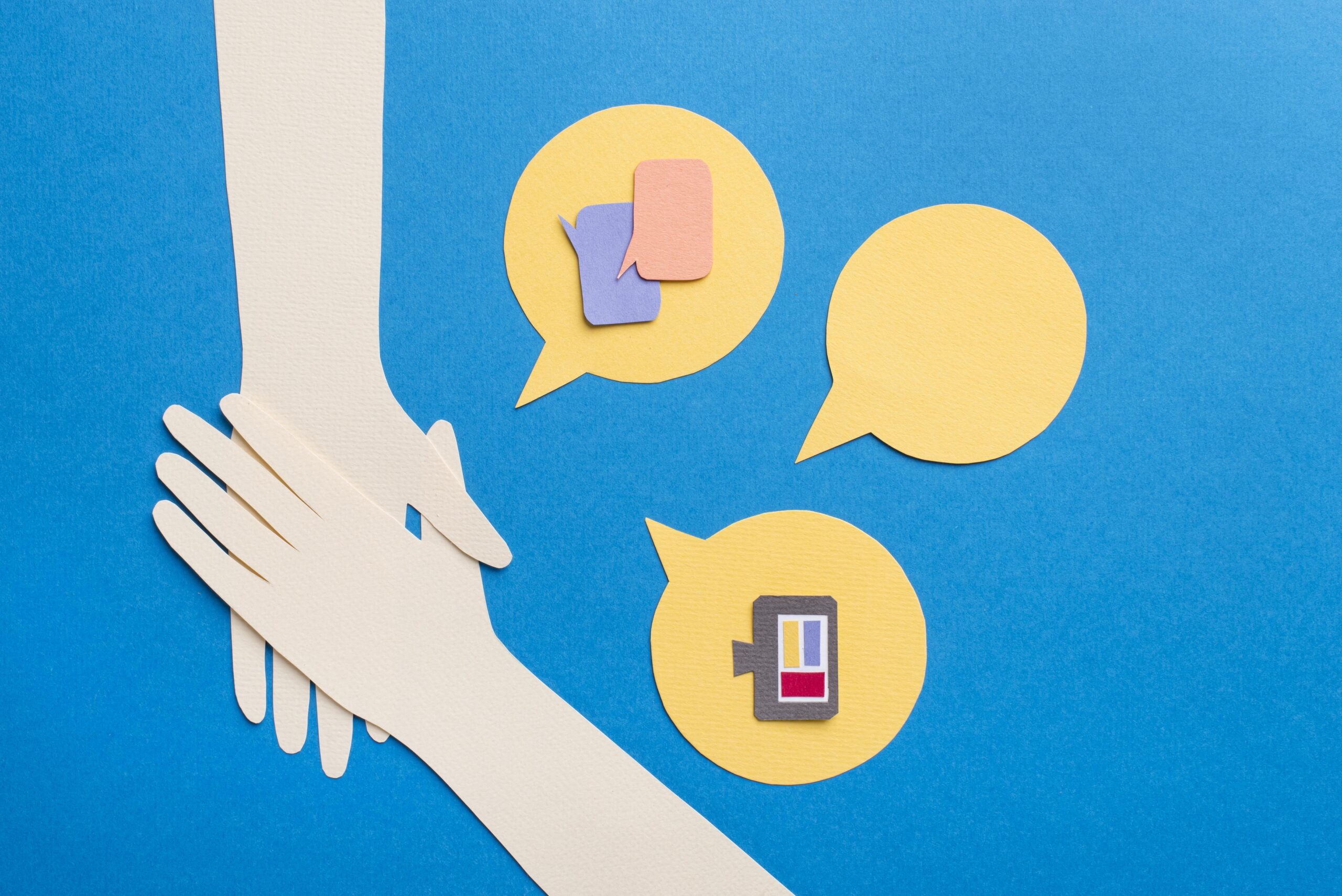Supporting Your Spouse with ADHD: A Guide to Understanding and Compassion
Living with a partner who has Attention Deficit Hyperactivity Disorder (ADHD) can come with its own unique set of challenges and rewards. ADHD is more than just an attention issue; it encompasses a variety of symptoms—such as inattention, hyperactivity, and impulsivity—that can impact daily life. However, with understanding and effective communication, you can be a great source of support for your spouse. Here’s how you can nurture your relationship and help your partner navigate the complexities of ADHD.
1. Educate Yourself About ADHD
The first step in supporting your spouse is to educate yourself about the condition. Understanding what ADHD is and how it affects behavior can foster empathy and perspective. Some key areas to focus on include:
- Symptoms and Challenges: Learn about the different symptoms of ADHD and how they can manifest in adults, including difficulties with organization, time management, and emotional regulation.
- Strengths: Recognize that ADHD also comes with strengths, such as creativity, spontaneity, and the ability to think outside the box.
Resources such as books, articles, and reliable websites can provide valuable insights into the everyday experiences of individuals with ADHD.
2. Communicate Openly and Positively
Clear communication is crucial in any relationship, but it is especially important when one partner has ADHD. Here are some tips to help facilitate effective communication:
- Be Direct and Specific: When discussing tasks or expectations, be clear and detailed. Instead of saying “clean the house,” specify “please vacuum the living room and tidy the kitchen.”
- Practice Active Listening: Make an effort to listen when your partner shares their feelings or frustrations. Show your understanding by summarizing what they’ve said before responding.
3. Encourage Routine and Structure
Structure can be incredibly helpful for individuals with ADHD. You can support your spouse by:
- Creating Routines Together: Establishing daily routines can provide predictability and reduce anxiety. Work together to create a schedule that includes time for work, chores, and relaxation.
- Using Tools for Organization: Help your spouse use calendars, apps, or planners to track tasks and appointments. Visual aids can often help in reminding them of their responsibilities.
4. Offer Practical Help
ADHD can sometimes make everyday tasks feel overwhelming. Offering practical assistance can be a wonderful way to show your love and support:
- Break Tasks Into Smaller Steps: Help your spouse break larger projects into manageable steps. Instead of “organizing the garage,” try “starting with one shelf.”
- Create Checklists Together: Develop lists for daily tasks to give a sense of accomplishment as items are checked off.
5. Practice Patience and Understanding
ADHD symptoms can lead to behaviors that may be frustrating or confusing. Here are ways to approach these challenges with patience:
- Avoid Blame: Understand that behaviors like forgetfulness or impulsivity are part of ADHD and not a personal affront.
- Encourage Self-Compassion: Remind your spouse to be kind to themselves. Self-criticism can be prevalent among individuals with ADHD, so your support can help counter negative self-talk.
6. Foster a Supportive Environment
Creating an environment that minimizes distractions can be beneficial for your partner. Consider:
- Designating a Workspace: Help set up a distraction-free zone for work or study, away from televisions or noise.
- Encouraging Healthy Habits: Promote a lifestyle that includes regular exercise, a balanced diet, and sufficient sleep, all of which can help manage ADHD symptoms.
7. Seek Professional Support Together
Consider seeking professional help if ADHD symptoms are having a substantial impact on your relationship:
- Couples Therapy: Working with a therapist can address issues stemming from ADHD while improving communication between partners.
- Individual Therapy: Encourage your spouse to seek therapy or coaching specifically for ADHD, which can provide tailored coping strategies and support.
8. Celebrate the Achievements
Acknowledge and celebrate small victories together. Whether it’s completing a task or applying a new strategy, celebrating successes can foster positivity and motivation.
Conclusion
Supporting a spouse with ADHD requires empathy, understanding, and a willingness to adapt. While challenges exist, a strong partnership built on compassion and communication can flourish. By educating yourself and being proactive in your choice of support, you not only help your spouse navigate their ADHD but also strengthen the bond between you. Remember, love, patience, and understanding go a long way in fostering a fulfilling relationship that embraces both the challenges and the joys of living with ADHD.








